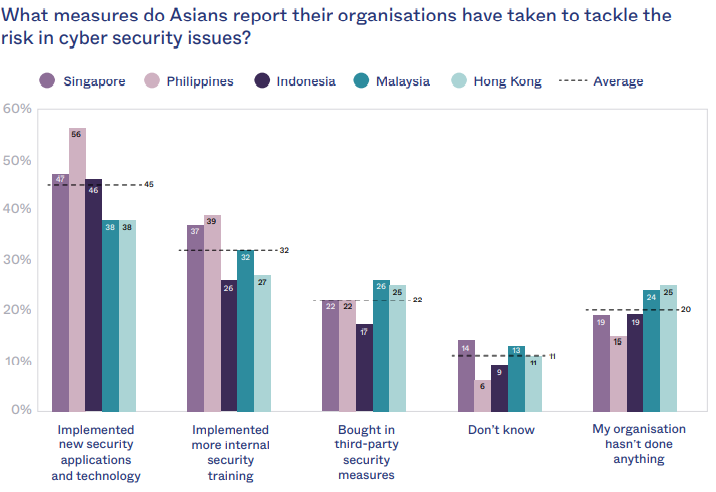Digital Trust Gains Currency in the World of Remote Work
With organisations all but irrevocably embracing some level of remote work, business leaders these days are thinking a lot more about security, digital transformation and growth. Yet, there is one element that underpins every one of these priorities − digital trust. Without it, every area of the business would cease to function.
Maintaining trust is crucial to business success. As digital transformation creates new avenues for engaging with consumers and supporting staff, the associated cyber-attack surface expands in parallel. Organisations benefit from digital trust because it not only helps avoid harm, but it also drives loyalty, income and value.
Trust is Money
We recently released the Okta’s annual State of Digital Trust Report, which highlights how brands have done in the eyes of consumers to build trust, and the factors that impacted the way consumers interacted with digital services. The study polled 1,700 office workers in Singapore, Hong Kong, Philippines, Malaysia and Indonesia.
We found that service reliability, strong security, quick response times and good data handling practices are most important to Asian consumers.
Trust will always be intangible and requires belief in three key aspects − reliability, truth and ability. We need to have the belief that someone or something will deliver on the promises made, can be relied on to be truthful, and is capable of what they set out to achieve.
A missing link anywhere could result in a loss of business, as our study found that 58 percent of Asian respondents are unlikely to purchase a product from a digital brand they did not trust. An average of 38 percent indicated that they would delete their account with the company, after losing trust in its brand due to a data breach or misuse of data.
It is therefore vital that organisations are aware of which employees, partners and customers they can trust to access their data and systems. Vice versa, these employees, partners and customers must trust that an organisation can protect any personal data they share.
Effective security tools and policies, especially those focused on seamlessly managing the identities of users, help to drive stakeholder trust. And an organisation with stringent security in place can trust that each stakeholder only has as much access to business systems as required. This symbiotic online relationship between organisation and stakeholder is digital trust.
Thankfully, some traction has been made by Asian businesses. The same Digital Trust Report found that in the past year, 46 percent of Asian businesses have implemented new security apps and technologies, while 32 percent have increased internal security training.

Business in Asia have taken additional measures to enhance their security posture but there’s still room for improvement in terms of employee transparency.
Zero Trust Lays the Foundation
Today, we spend a considerable portion of our personal and professional life online, and this trend will continue after the pandemic. Consumers are wary of doing business with organisations that mishandle or lose their personal information, therefore trust (or lack thereof) has a direct impact on a digital brand's profitability. Building consumer trust is crucial for digital brands, and it will need to be a constant concern in the years ahead
In the enterprise, this begins with a Zero Trust approach focused on validating identity before trusting anyone in the digital realm. The ultimate strategy puts identity at the heart of digital security, and invokes risk-based access policies and continuous and adaptive authentication, meaning identity validation is required for user access to be granted to resources in real-time. As enterprises move towards this, it is vital that users are kept abreast of the evolving cybersecurity policies in place.
And as many firms continue to support remote or hybrid work, employers need to constantly educate employees on security best practices and replace any older technology that could be exposed to cyberattacks.
The growth in knowledge across all levels of the business will lead to improved understanding and a stronger belief in the reliability, truth and ability that together form the basis of digital trust. With that, the foundation for an organisation’s next phase of business growth would have been laid.

